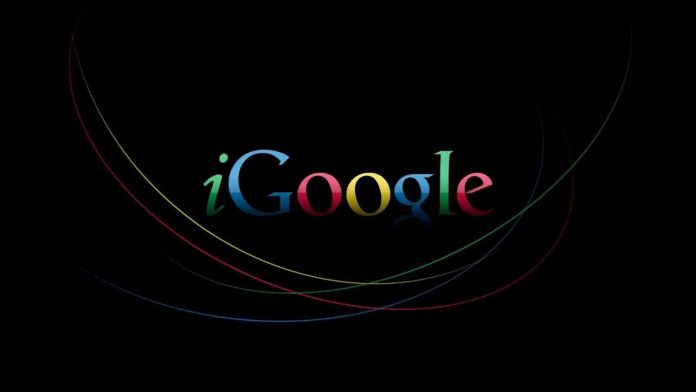The developers of several popular web browsers, including Opera, Vivaldi, Chrome, WaveBox and Waterfox, have grown into Browser Choice Alliance to protect users' rights in Windows without negative consequences from this choice. According to their statements, Microsoft actively limits the choice of browser and uses its monopoly position to promote your own product - Edge browser.
Officially, Browser Choice Alliance claim that Microsoft not only contributes to the monopoly of their Edge browser, but also uses unscrupulous methods to complicate users with the choice of alternative browsers. Browser developers complain that Windows operating system, which has more than 70% of the market share among the PCs, does not allow users to freely choose a browser to work on the Internet.
The main claims of the Alliance include the following practices: obstacles to loading extraneous browsers: Microsoft, according to the Alliance, creates obstacles for users who want to download and use other browsers than EDGE. Installation of EDGE by default after updates: after each Windows update, Edge becomes a default browser, which complicates the change of settings by the user. Forced opening of links in Edge or Bing: Links from your own Microsoft services (Teams, Outlook and others) are opened by default in the Edge browser or Bing search engine. Permanent EDGE: Microsoft guidelines regularly insist on EDGE use through messages and advertising in the operating system.
Browser Choice Alliance calls for urgent intervention of regulatory organs around the world. The organization requires the European Commission to include Microsoft Edge in the List of Gaters under the DMA Law (DMA), which can limit Microsoft monopolistic practices and provide more equal conditions for competitors in the browser market.
Interestingly, the participants of this alliance include Google, a company whose browser Chrome is an absolute market leader. Although the accusations against Microsoft seem quite reasonable, Google's involvement in this Alliance looks a bit funny. After all, given the dominant share of Chrome, there are not many companies in the world of browsers that would have the same monopoly positions. In addition, US authorities have been trying to force Google for a year for a year through antitrust investigations.
Although the Microsoft monopoly claims in the browser market are noteworthy, the situation with other companies such as Google can give up new questions about competition fairness. However, Browser Choice Alliance aims not only to protect consumers, but also to create equal conditions for all market participants. It is important to support regulatory bodies that can take measures against such anticompetitive practices so that users have more freedom of choice.


